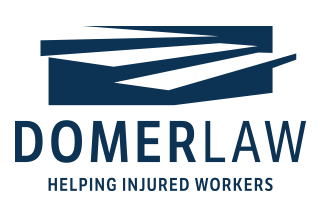Healthcare workers have one the riskiest jobs in the market because a lot of what they do is to help others by sometimes placing their lives and their health on the line to better serve humanity. Whether they are working inside a hospital or in the emergency medical services, there are countless risks that these professionals are exposed to. It is important to understand what are the most common injuries that a healthcare worker can suffer and what can be done to prevent further injuries from happening.
Types of injuries
There are several kinds of injuries that a healthcare worker can suffer while on the job. The most common are the ones that are mostly physically demanding. These kinds of injuries are known as musculoskeletal and rank high amongst nurses, paramedics and rescue teams. That being said, strains and sprains are the most common type of injuries suffered by healthcare professionals.
Several other kinds of injuries involve cuts, bruises, fractures, punctures, soreness, muscular pain, and physical and even mental trauma, depending on what the job entails.
How to reduce injury
For many healthcare facilities, having their employees suffer several kinds of injuries can come at a very high cost. It is best for these facilities to take the proper kind of precaution by making their workplace as safe and secure as they can. There are many kinds of hazards that employees are exposed to and employers must consider various alternatives to improving their working conditions. For example, there is a lot of manual lifting that can affect not just the caregiver but also the patient, which can lead to falls or bruises and sometimes even cuts and broken bones.
There are several measures that can be taken but employers must do is to create high reliability management systems to lessen the possibility of an accident. Such measures can vary from having a high-functional and committed staff, having elevators working at all times, keeping floors from being slippery, maintaining high levels of hygiene throughout the facility, and storing the proper equipment for their healthcare professionals.


